ABE1438
Anti-60S Ribosomal Protein L26
from rabbit, purified by affinity chromatography
About This Item
Polecane produkty
pochodzenie biologiczne
rabbit
Poziom jakości
forma przeciwciała
affinity isolated antibody
rodzaj przeciwciała
primary antibodies
klon
polyclonal
oczyszczone przez
affinity chromatography
reaktywność gatunkowa
human
opakowanie
antibody small pack of 25 μL
metody
immunohistochemistry: suitable (paraffin)
western blot: suitable
numer dostępu NCBI
numer dostępu UniProt
Warunki transportu
ambient
docelowa modyfikacja potranslacyjna
unmodified
informacje o genach
human ... RPL26(6154)
Powiązane kategorie
Opis ogólny
Specyficzność
Immunogen
Zastosowanie
Epigenetics & Nuclear Function
Jakość
Western Blotting Analysis: A 1:500 dilution of this antibody detected 60S Ribosomal Protein L26 in 10 µg of HEK293 cell lysate.
Opis wartości docelowych
Postać fizyczna
Przechowywanie i stabilność
Inne uwagi
Oświadczenie o zrzeczeniu się odpowiedzialności
Nie możesz znaleźć właściwego produktu?
Wypróbuj nasz Narzędzie selektora produktów.
Kod klasy składowania
12 - Non Combustible Liquids
Klasa zagrożenia wodnego (WGK)
WGK 1
Certyfikaty analizy (CoA)
Poszukaj Certyfikaty analizy (CoA), wpisując numer partii/serii produktów. Numery serii i partii można znaleźć na etykiecie produktu po słowach „seria” lub „partia”.
Masz już ten produkt?
Dokumenty związane z niedawno zakupionymi produktami zostały zamieszczone w Bibliotece dokumentów.
Nasz zespół naukowców ma doświadczenie we wszystkich obszarach badań, w tym w naukach przyrodniczych, materiałoznawstwie, syntezie chemicznej, chromatografii, analityce i wielu innych dziedzinach.
Skontaktuj się z zespołem ds. pomocy technicznej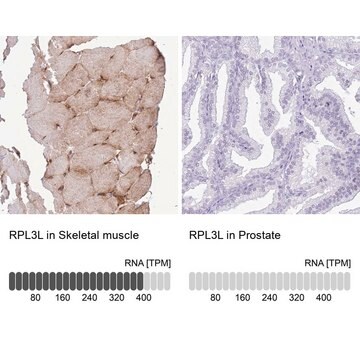
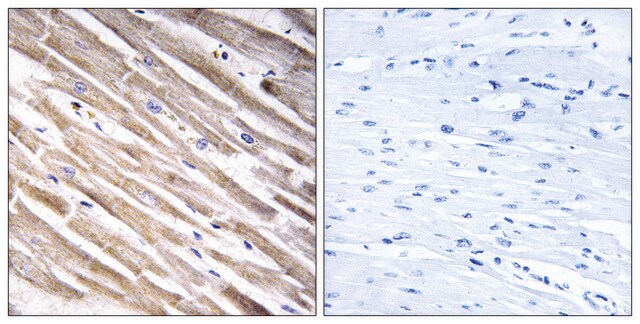
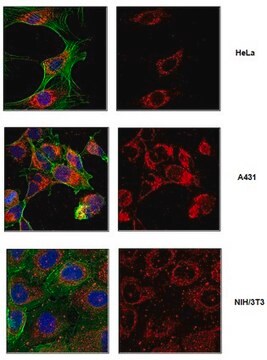


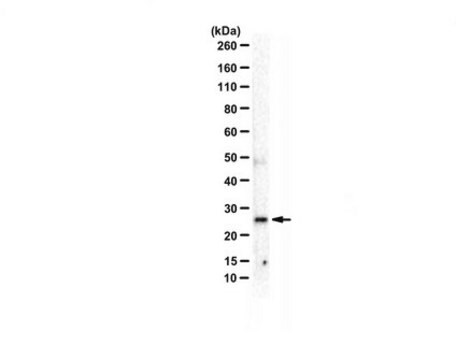


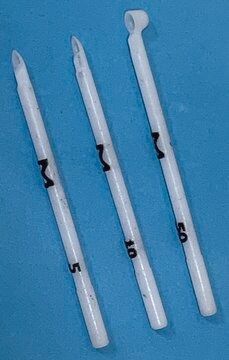
![N-[[2-(Diphenylphosphino)phenyl]methylene]-3-methyl-L-valine sodium salt 95%](/deepweb/assets/sigmaaldrich/product/structures/514/394/34f4fd07-0745-48d5-b150-23701865e8a1/640/34f4fd07-0745-48d5-b150-23701865e8a1.png)